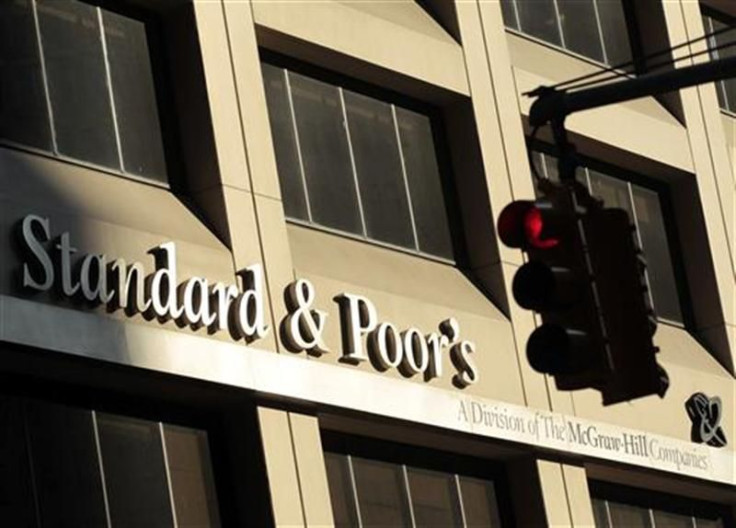S&P Warns G20 Nations of Downgrade over Health Costs

(Reuters) - Ratings agency Standard & Poor's warned Monday that it may downgrade "a number of highly rated" Group of 20 countries in 2015 if their governments fail to enact reforms to curb rising health-care spending and other costs related to aging populations.
Developed nations in Europe, as well as Japan and the United States, are likely to suffer the largest deterioration in their public finances in the next four decades as aging populations strain social safety nets, S&P said in a report.
"Steadily rising health-care spending will pull heavily on public purse strings in the coming decades," S&P analyst Marko Mrsnik wrote in the report. "If governments do not change their social protection systems, they will likely become unsustainable."
If no reforms are adopted, health-care-related credit downgrades would likely start within three years, eventually leading to an increase in the number of junk-rated countries as of 2020, the study showed.
Health care will likely be the fastest-growing expenditure for developed countries, which already have high social protections and rapidly worsening demographic profiles. For example, Japan's population is expected to decline by 30 percent by 2060, with two out of every five people turning 65 or older, according to official data.
Emerging market countries, especially in Southeast Asia, have a little more room to maneuver due to more favorable demographic dynamics and economic growth, S&P said.
Demographics will not be the only factor driving up health-care costs. More expensive new technologies and broader treatment coverage may account for as much as two-thirds of the projected increase in health-care spending, according to a study by the International Monetary Fund cited by S&P.
REFORMS
Pension system reforms alone would not be enough for G20 countries, S&P said in the report.
If legislation were enacted to contain future increases in age-related spending without also tackling health-care spending, the results would be only slightly less severe than under a no-policy-change scenario.
"The probable increase in projected health-care costs alone is so substantial that the impact of these reform efforts would not be enough to meaningfully reverse the resulting credit deterioration," S&P said.
Reforms to contain age-related spending coupled with efforts to balance budgets by 2016, on the other hand, would be enough to offset rising health-care costs by 2050, according to S&P.
"The results of this scenario point to overall stabilization of our hypothetical sovereign ratings," S&P said, noting, however, that the number of ratings in the lower investment-grade categories would still increase.
(Reporting By Walter Brandimarte; Editing by Leslie Adler)
© Copyright Thomson Reuters 2024. All rights reserved.




















